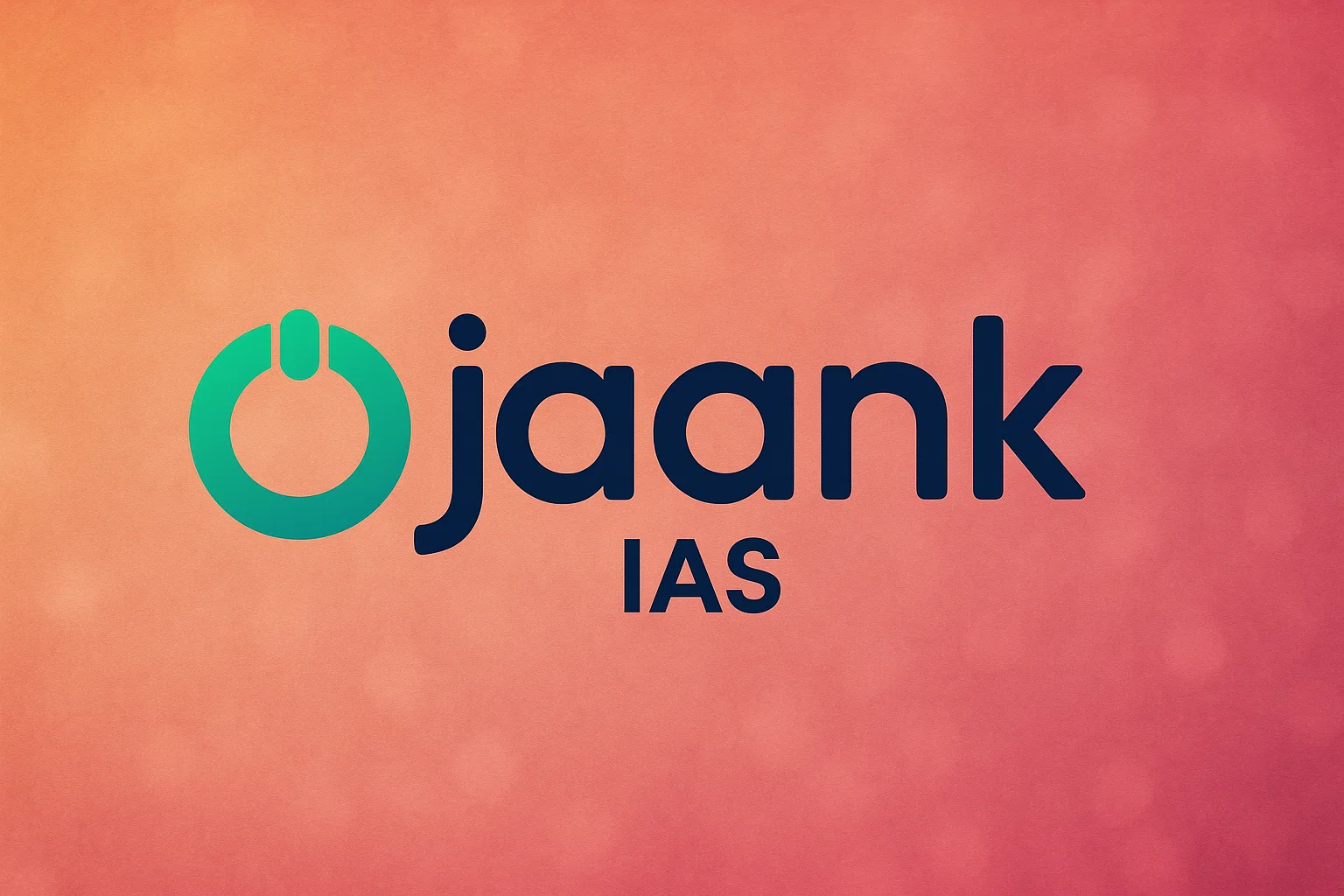The Cauvery Water Dispute: Key Developments and Implications

The Cauvery water dispute has been a longstanding issue between Karnataka and Tamil Nadu.
Both states have different perspectives and demands regarding water sharing, which has been a cause for concern and frequent legal interventions.
Karnataka's Stance
Karnataka's approach to the Cauvery water sharing issue has come under scrutiny recently. The state government, in its efforts to honor the directions of the Cauvery Water Management Authority (CWMA), has already released water to Tamil Nadu.
This has raised questions from various quarters about the rationale behind the move, especially given Karnataka's subsequent affidavit before the Supreme Court stating its inability to release water post-September 12.
Former Chief Minister Basavaraj Bommai expressed concern over this conflicting stand, emphasizing the importance of the government's affidavit.
He questioned the credibility of the state's actions, suggesting that releasing water post the mentioned date might be perceived as misleading the apex court.
Reactions from the Political Spectrum
In a recent media address in Bengaluru, Bommai pointed out that while the government's decision might have put him in a challenging position, the real concern should be the plight of the farmers and residents of the Cauvery region.
He stressed that the current administration seemed unwilling to consider suggestions that would be in the state's best interests.
Highlighting the inefficacy of seeking Prime Minister Narendra Modi's intervention at this juncture, the BJP leader asserted that a viable solution would require the state legal team to clearly present the water storage status in Tamil Nadu's dams and their water usage metrics to the Supreme Court.
Tamil Nadu's Perspective
Tamil Nadu's stance on the issue has also been a point of contention.
Despite calls for an out-of-court settlement from figures like former Prime Minister H D Deve Gowda, Tamil Nadu's administration has displayed a non-cooperative attitude, as per some quarters in Karnataka.
This perception is further augmented by the recent meeting of Tamil Nadu MPs with the Union Jal Shakti Minister.
Seeking Solutions
With a resolution to the Cauvery dispute becoming increasingly crucial, key figures are taking proactive measures.
Karnataka’s Delhi Representative, T B Jayachandra, has scheduled a meeting with State MPs and Union Ministers to address the issue. Key stakeholders like Chief Minister Siddaramaiah and Deputy Chief Minister D K Shivakumar, who oversees the Water Resources Department, are slated to participate.
Furthermore, Karnataka’s Industries Minister M B Patil emphasized the need for a distress sharing formula.
He urged state BJP leaders to influence Prime Minister Narendra Modi to broker a peaceful resolution between the two states.
Highlighting the dire water needs of cities like Bengaluru, Patil stressed the state's responsibility to meet the water requirements for both domestic consumption and agricultural purposes.
A Broader Perspective: Women's Reservation Bill
In an interesting side note, Bommai applauded the approval of the Women's Reservation Bill by the Government of India. Labeling it as revolutionary, he noted that while the bill had initially been introduced during the Congress-led UPA government's tenure, its passage in Lok Sabha faced challenges. Bommai stressed the importance of taking all parties on board to ensure the bill's successful implementation.
Conclusion
the Cauvery water dispute, given its historical and sociopolitical significance, warrants a comprehensive and balanced approach. While political posturing is inevitable, the welfare of the citizens and the larger ecological implications should always remain at the forefront of any resolution strategy.